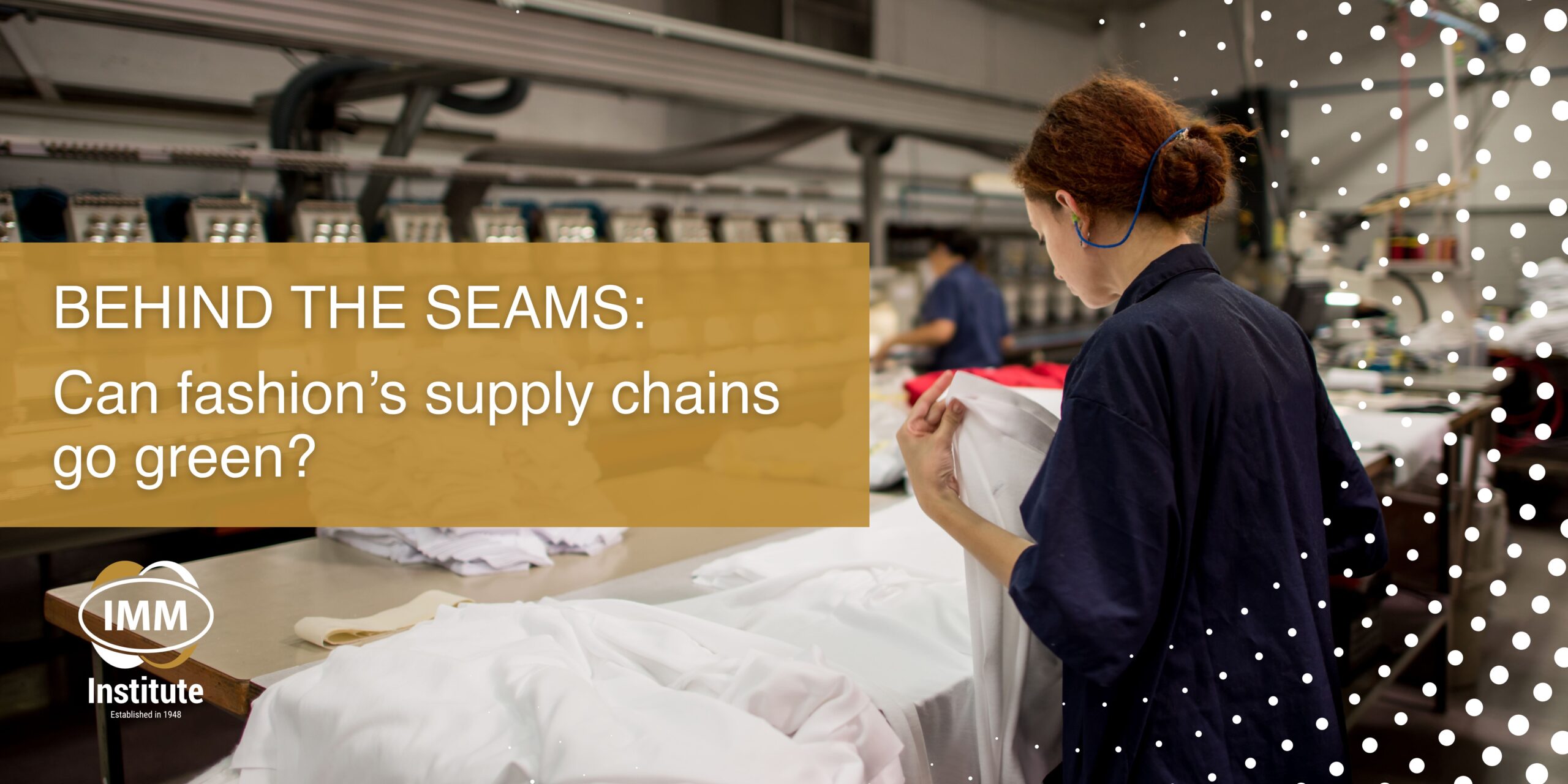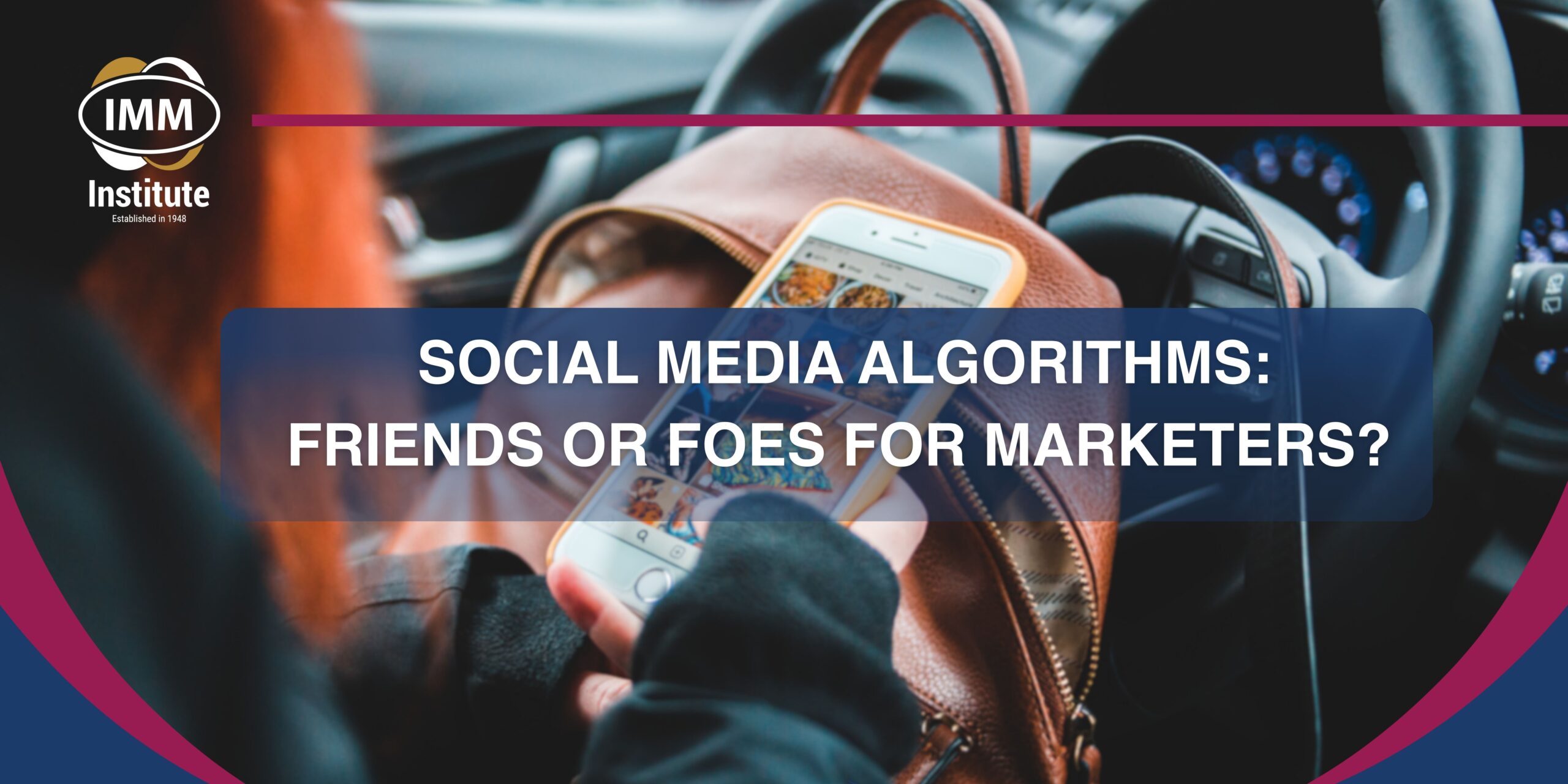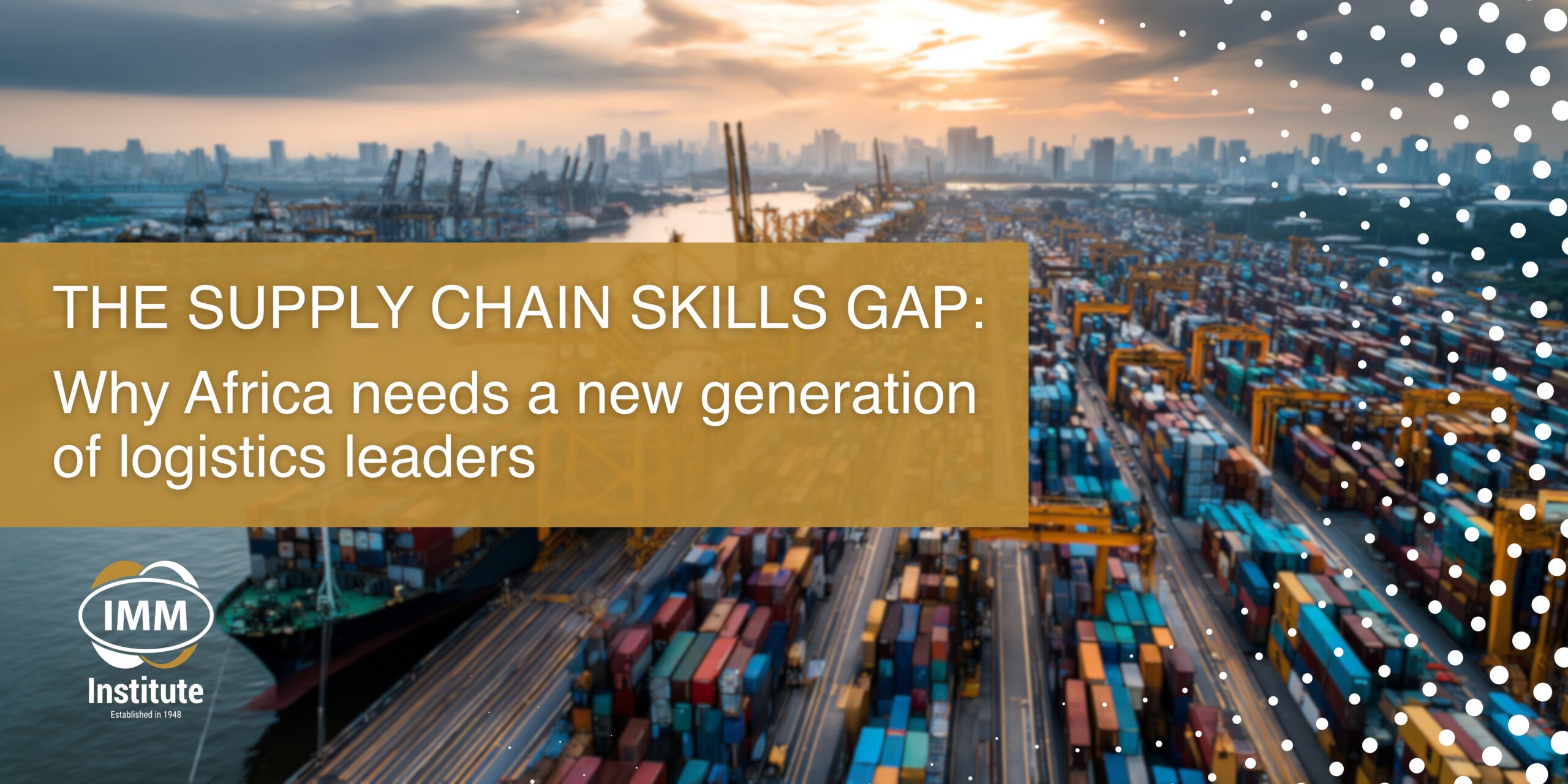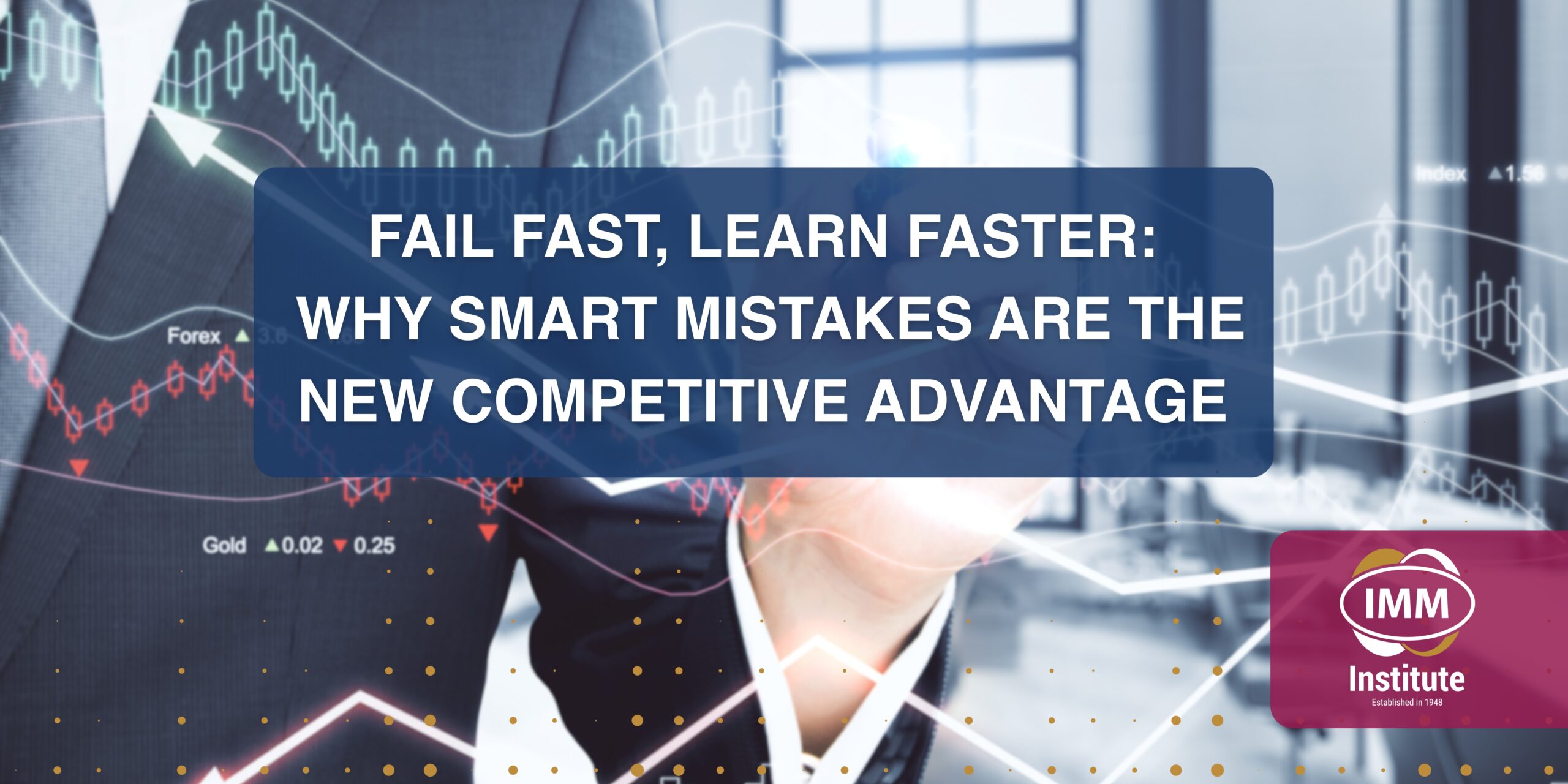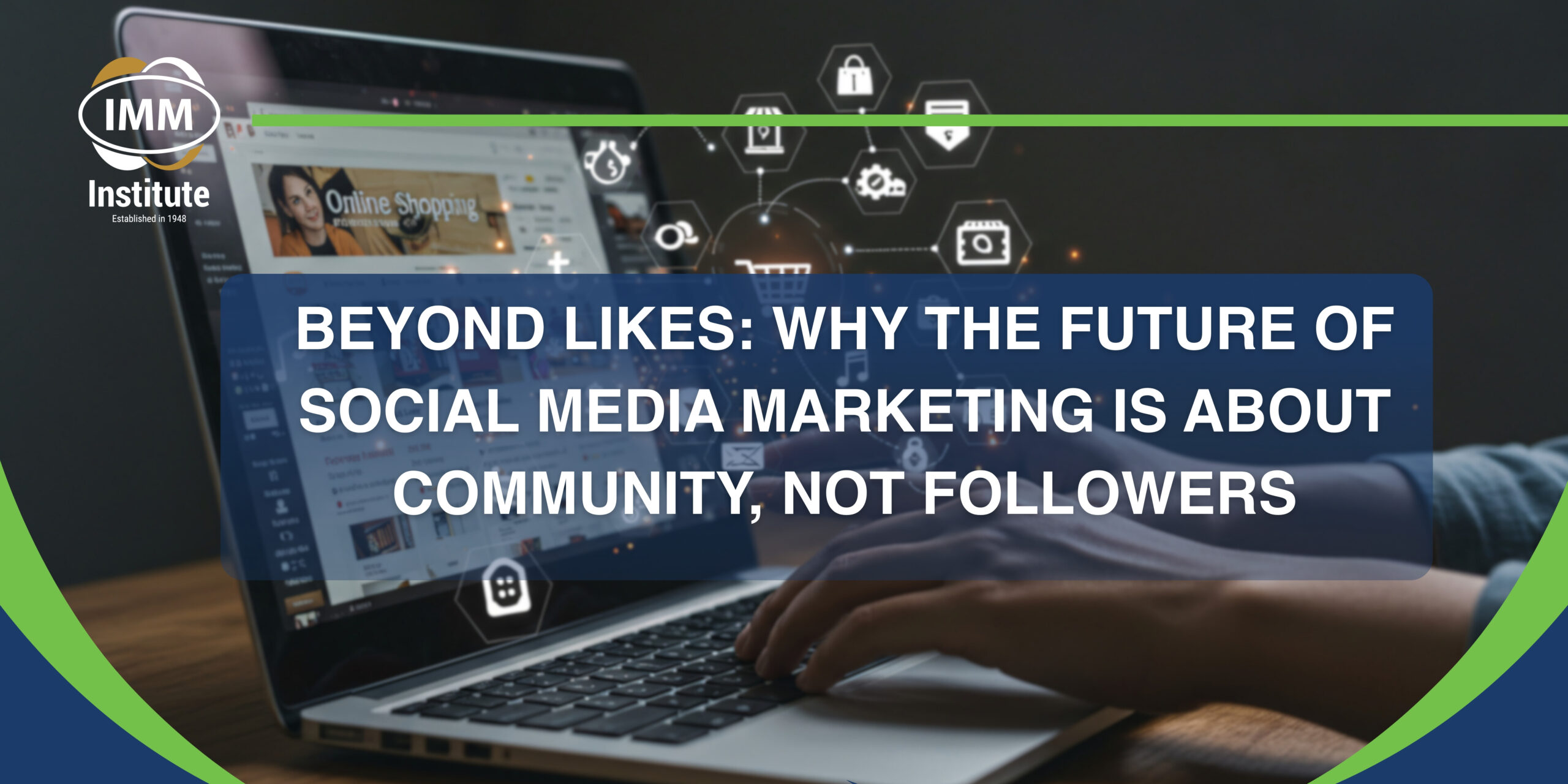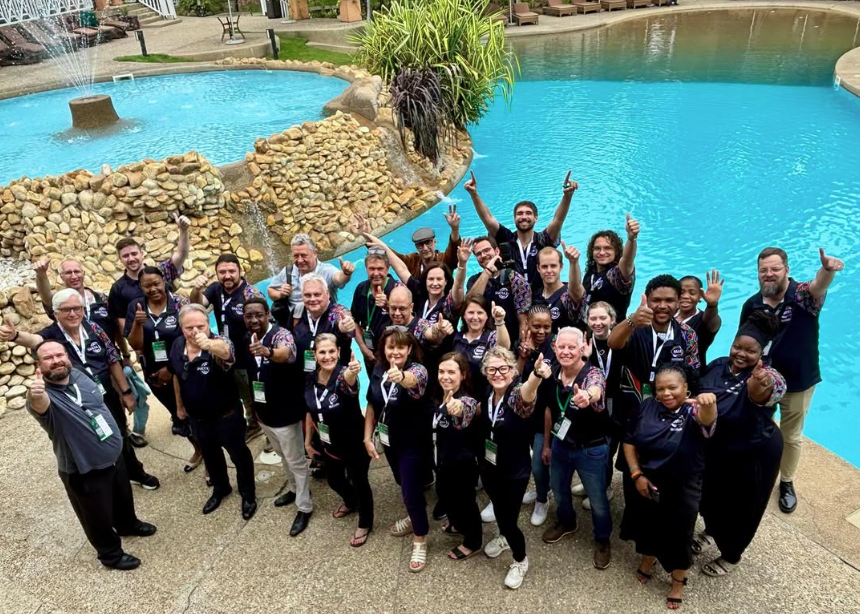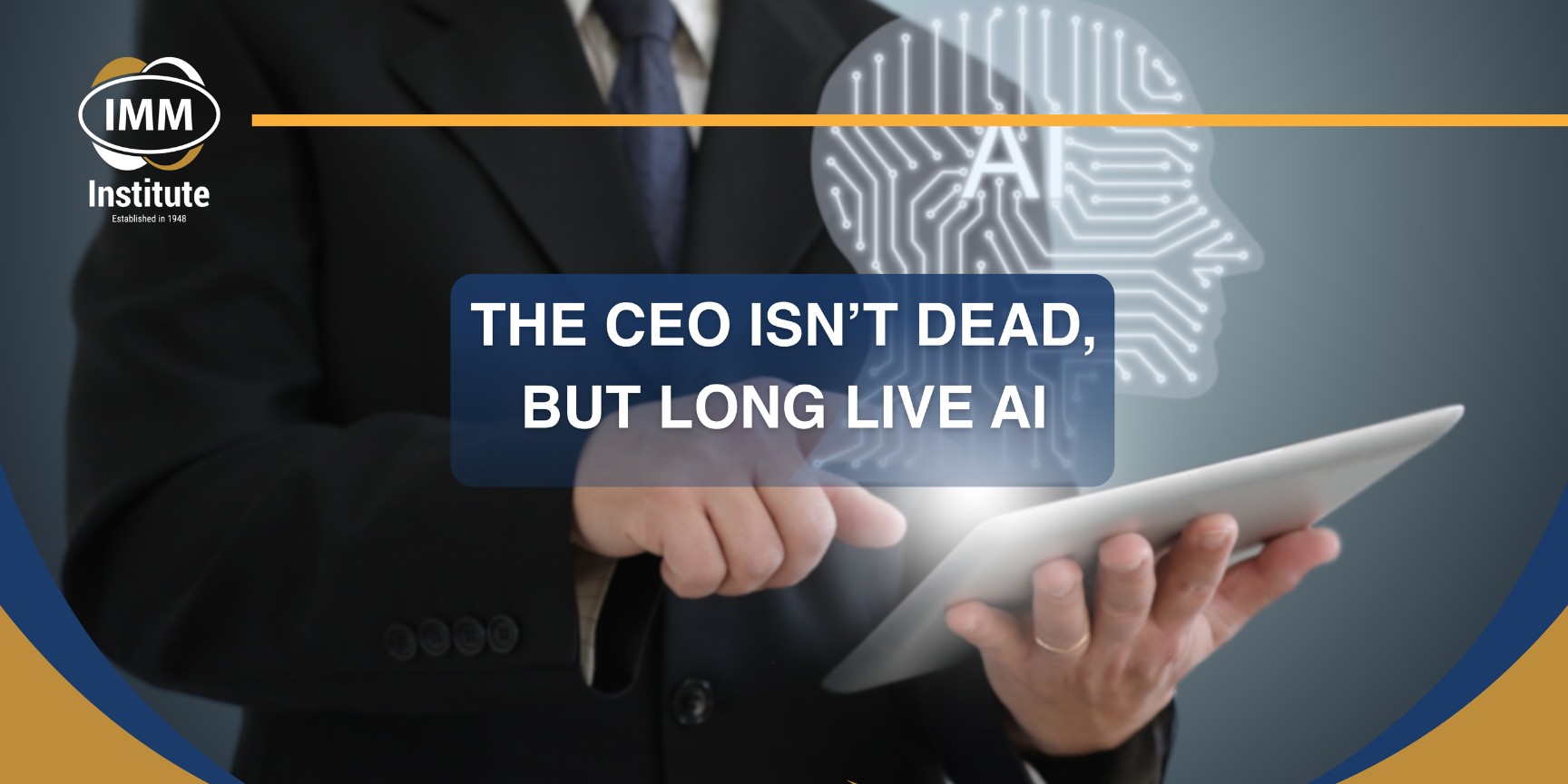
The CEO isn’t dead, but long live AI
Some time ago, the image of CEOs was that of titans of the industry; corner-office visionaries endowed with wisdom acquired through the passage of time. With the rapid changes witnessed in today’s digital economy, a new contender is vying for that CEO crown: artificial intelligence. As algorithms become more sophisticated, making decisions, predicting outcomes, and even understanding human behaviour, one may pose a contrarian question: could robots ever possibly be a better fit to administer companies than human beings would be?
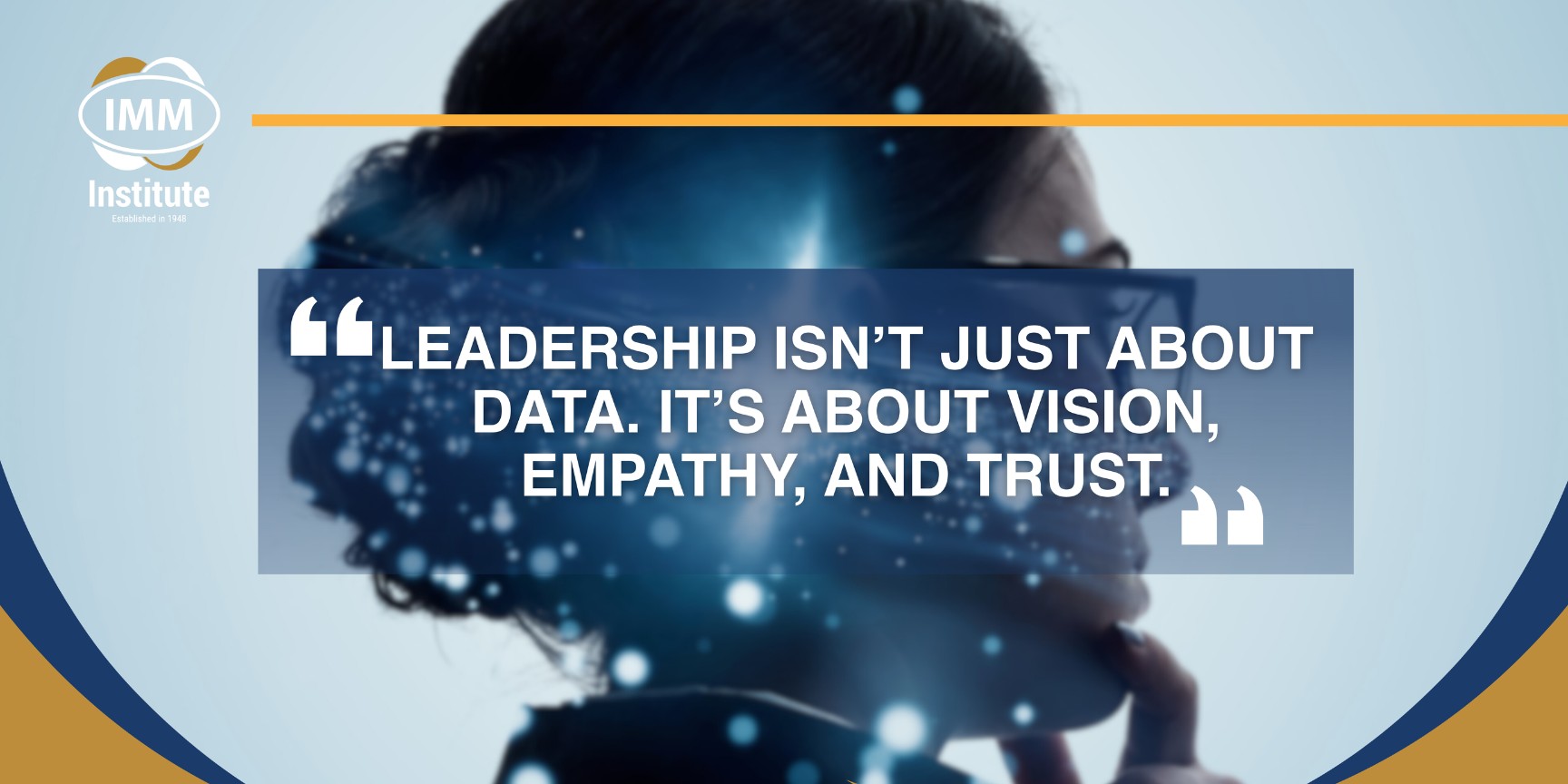
AI is beginning to reconfigure the business landscape at all hierarchies. From chatbots in customer service to data-driven marketing campaigns, all kinds of intelligent systems are making companies faster, cheaper, and in many ways more accurate. Yet what happens when AI starts making big decisions that affect whole organisations, economies, and lives, instead of assisting with decision-making?
Imagine an AI CEO. One that doesn’t sleep, doesn’t take holidays, and doesn’t let ego cloud judgment. It makes decisions purely on data, without bias or office politics. It can run simulations of future market scenarios in seconds, track global events in real time, and adjust strategy accordingly, faster than any board meeting could ever allow.
Sounds impressive, right? But here’s the twist: leadership isn’t just about data. It’s about vision, empathy, and trust. It’s the gut feeling that tells you when to take a risk. It’s the human connection that inspires a team to rally behind a new idea. It’s the nuanced negotiation that saves a merger or transforms a crisis into an opportunity. Can a robot replicate that?
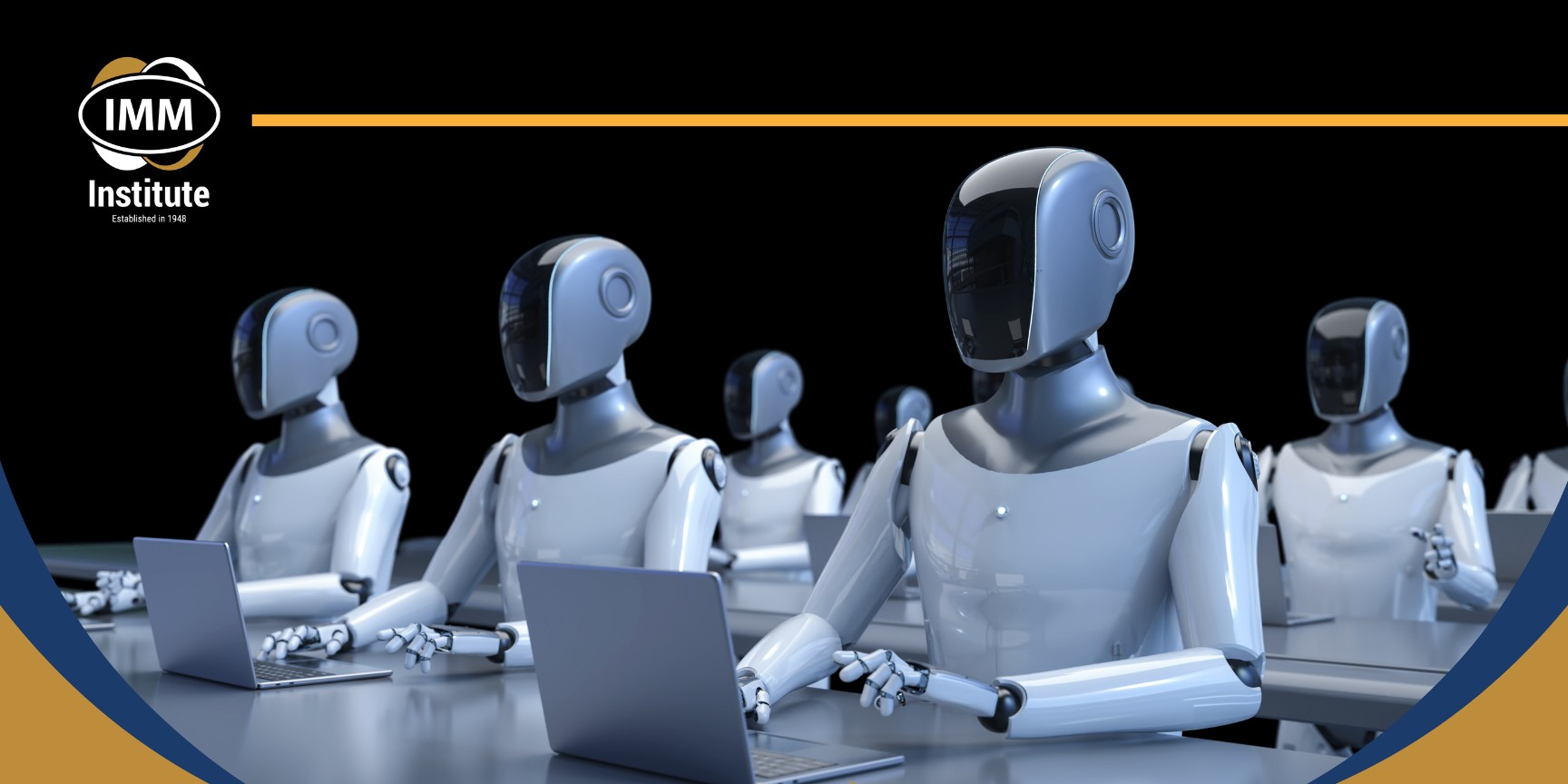
We’re entering a hybrid era where AI and human leadership intersect. Companies like Amazon and Google already rely on AI to make critical logistical, marketing, and even hiring decisions. But their leaders still provide the compass: setting direction, articulating values, and shaping culture.
In fact, the future CEO may not be replaced, but augmented. Picture a leader armed with a digital co-pilot: a powerful AI that analyses risk, forecasts market shifts, and suggests optimal decisions based on millions of data points. The human CEO still drives, but the AI navigates.
For students, marketers, and business professionals, this shift poses an urgent call to action. We need to rethink what leadership looks like. Emotional intelligence, ethical reasoning, and creative thinking will become even more critical as AI takes over the analytical heavy lifting. In other words, the future leader must be more human than ever, because that’s the one thing AI can’t do.
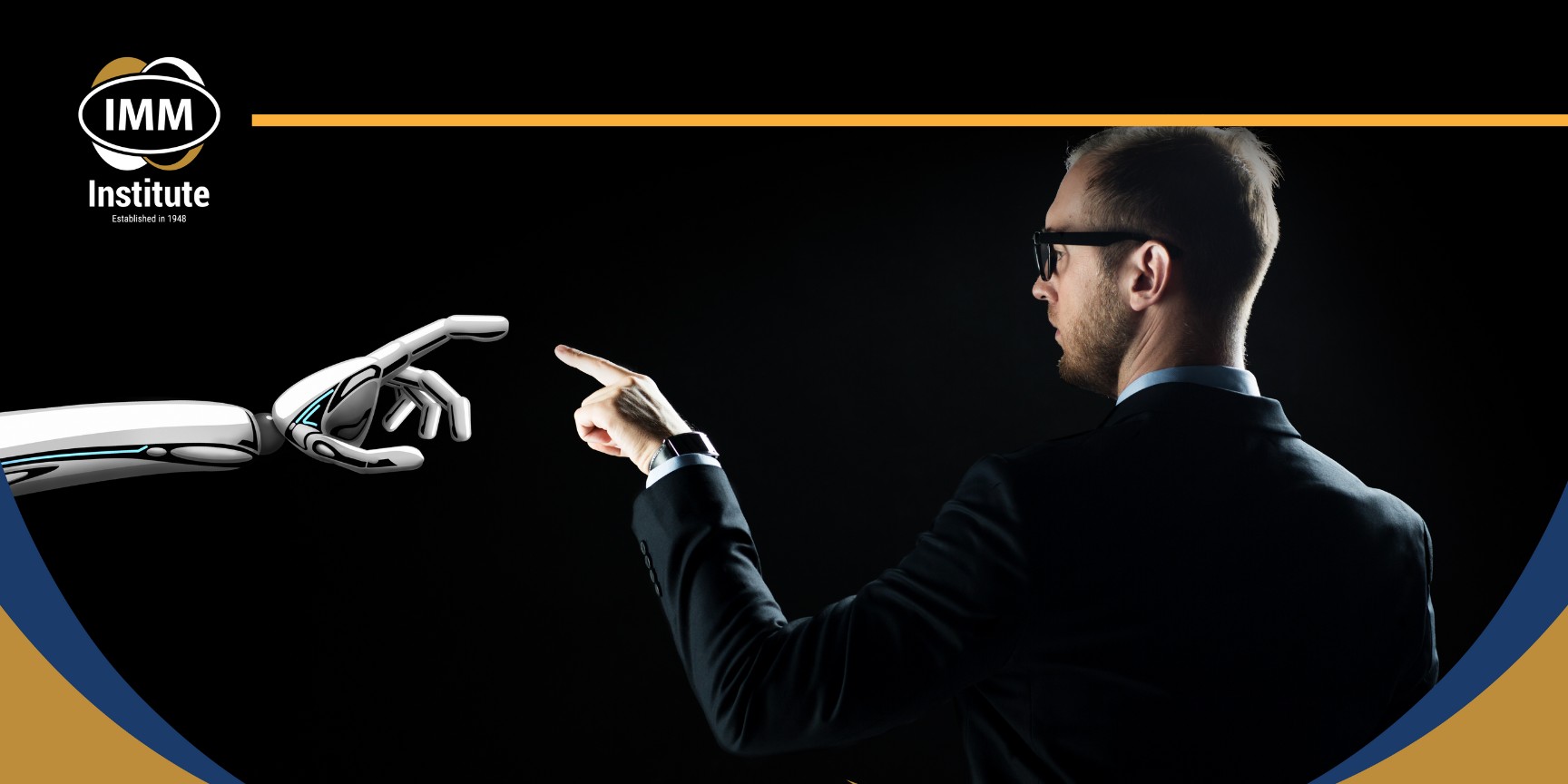
So, will robots run companies one day? Perhaps. But they’ll need humans to teach them why we do what we do, and more importantly, what truly matters.
The CEO isn’t dead. But their job description is being rewritten in code.







